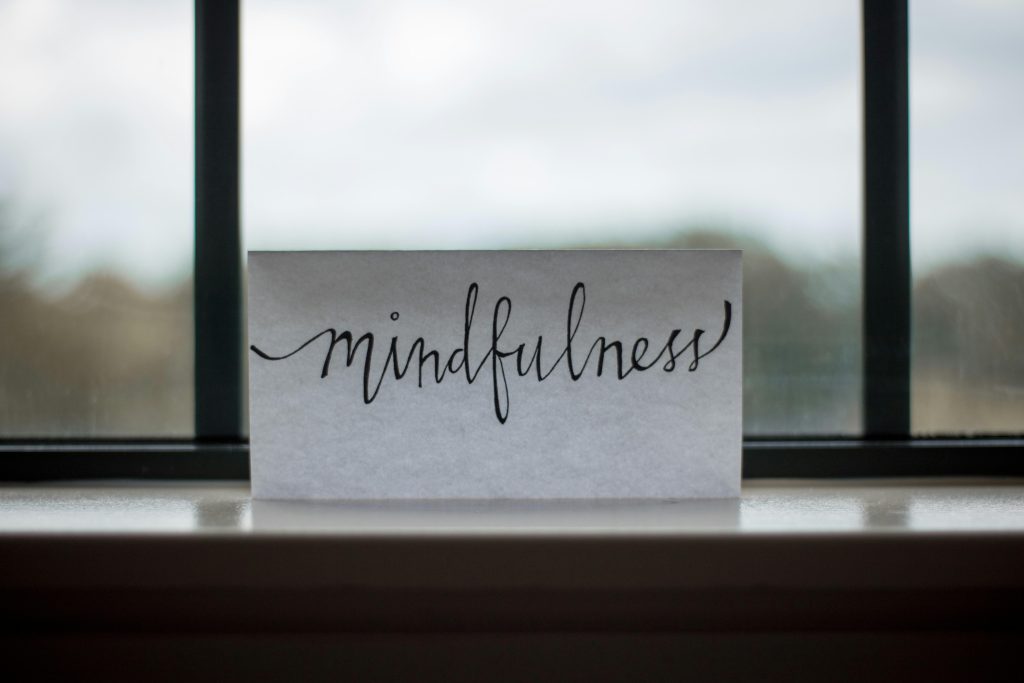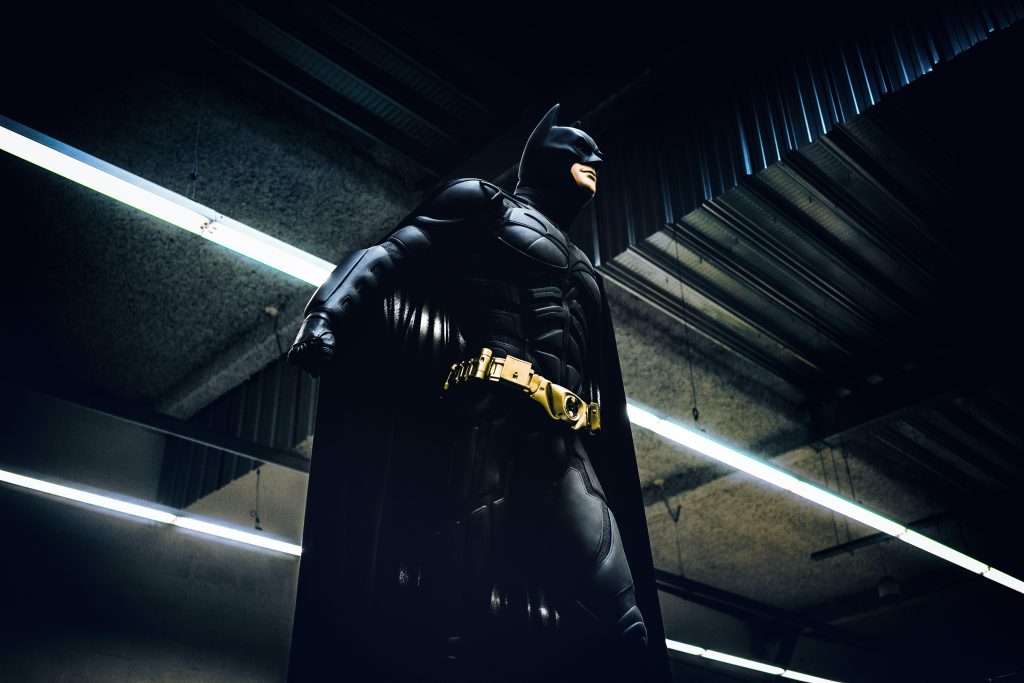Peter Jackson’s “The Lord of the Rings” captures the epic scale and emotional depth of Tolkien’s vision, though it diverges in character focus and narrative pacing, sparking debate on its fidelity to the original literary masterpiece.
The Dark Knight: A New Era of Superhero Cinema
The Dark Knight redefined superhero cinema with its gritty realism and complex characters, elevating the genre beyond mere spectacle to profound storytelling. It set a new standard, blending moral ambiguity with blockbuster appeal.
The Social Network: A Drama About Technology, Power, and Isolation
“The Social Network” deftly explores the intersection of technology, power, and isolation, capturing the tumultuous rise of Facebook. Through sharp dialogue and compelling performances, it dissects ambition’s cost in the digital age.
A Clockwork Orange: Exploring the Themes of Violence and Free Will
“A Clockwork Orange” delves into the dark intersections of violence and free will, questioning whether true moral choice exists in a society bent on controlling behavior. Through Alex’s journey, the novel challenges the limits of ethical governance and autonomy.
The Genius of Once Upon a Time in Hollywood: Tarantino’s Love Letter to Cinema
Quentin Tarantino’s “Once Upon a Time in Hollywood” masterfully intertwines nostalgia with narrative innovation, serving as a vibrant homage to 1960s cinema. Through meticulous detail and character depth, it celebrates an era’s fading allure while redefining storytelling.
The Art of Subtlety in Lost in Translation
In “Lost in Translation,” Sofia Coppola masterfully employs subtlety to convey the isolation and introspection of her characters. Through nuanced dialogue and ambient Tokyo settings, the film explores the profound connections forged in moments of quiet understanding.






